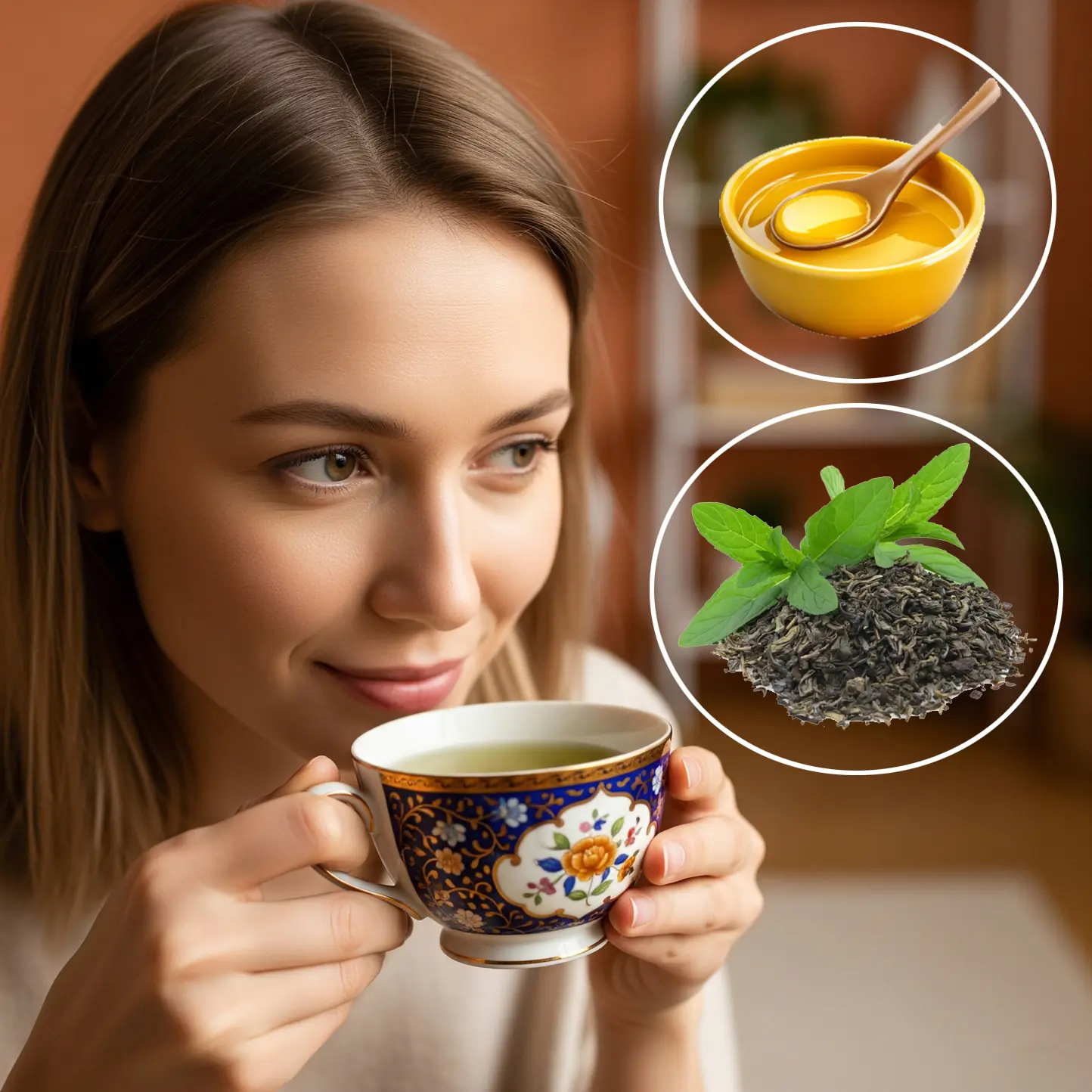
Study finds three glasses of this common drink a day could prevent dementia
Future dementia could be avoided with just three cups of a common hot beverage.
While it's widely known that undercooked meats and certain seafood can harbor parasites, many are unaware that some common vegetables, especially those consumed raw, can also pose similar risks. This article explores three such vegetables that, if not properly prepared, can become breeding grounds for parasites, leading to potential health issues.
1. Water Chestnuts
Water chestnuts are aquatic plants commonly found in marshes and rice fields. Their underground corms are often consumed raw for their crisp texture and sweet taste. However, these corms can harbor intestinal flukes, a type of parasitic worm. Consuming them raw increases the risk of ingesting these parasites, leading to symptoms such as abdominal pain, diarrhea, nausea, and vomiting. In severe cases, the parasites can cause malnutrition and anemia.
2. Water Caltrop
Water caltrops are another aquatic plant whose seeds are consumed for their nutritional value. The seeds' hard outer shells can carry parasitic eggs, particularly those of intestinal flukes. Cracking open these seeds with teeth without proper cleaning can introduce these parasites into the digestive system, resulting in gastrointestinal discomfort and potential long-term health issues.
3. Lotus Root
Lotus roots grow submerged in pond mud and are a popular ingredient in various cuisines. However, the muddy environment in which they grow can lead to contamination with parasites such as schistosomiasis and intestinal flukes. Consuming lotus root raw or inadequately washed can cause these parasites to enter the body, leading to digestive disturbances and, in some cases, more severe complications.
Understanding the Risks
Parasites thrive in environments where they can easily transfer to hosts. Vegetables grown in water, especially those exposed to untreated human or animal waste, are particularly susceptible to contamination. Improper handling, such as consuming raw or inadequately washed vegetables, increases the likelihood of ingesting these parasites.
Health Implications
Once ingested, parasites can reside in the human body, consuming nutrients and causing various health issues. Intestinal flukes, for instance, can lead to abdominal pain, diarrhea, and malnutrition. In more severe cases, these parasites can affect other organs, leading to complications such as liver damage or neurological issues.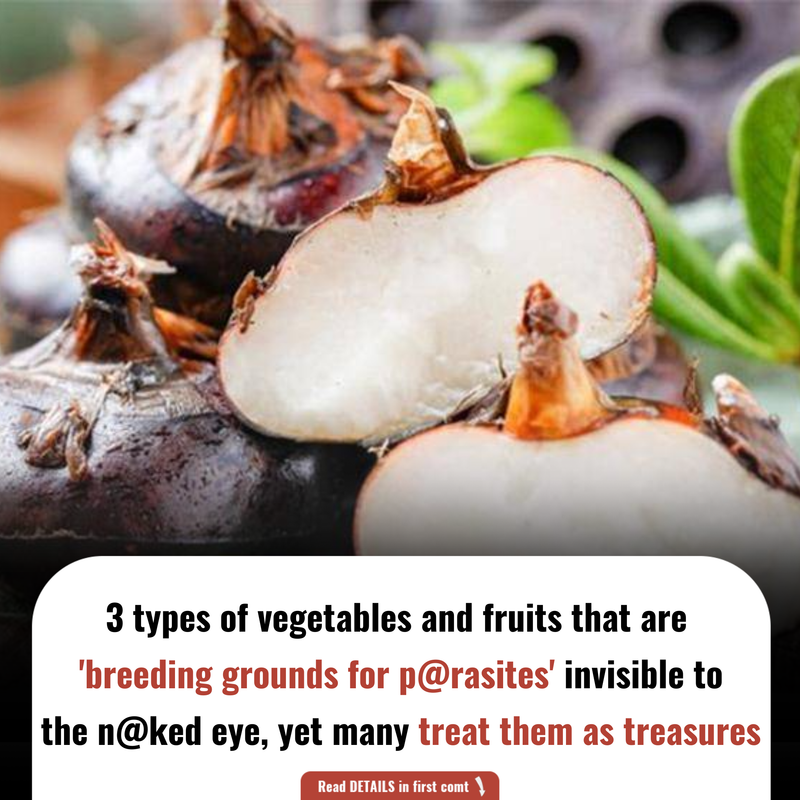
Preventive Measures
To minimize the risk of parasitic infections from vegetables:
Cook Thoroughly: Always cook vegetables, especially aquatic ones, to kill any potential parasites.
Proper Cleaning: Wash vegetables thoroughly under running water. For added safety, soak them in a saltwater solution before rinsing.
Source Wisely: Purchase vegetables from reputable sources to ensure they are grown and handled hygienically.
Personal Hygiene: Wash hands thoroughly before handling food and after using the restroom to prevent the spread of parasites.
Conclusion
While vegetables are an essential part of a healthy diet, it's crucial to be aware of the potential risks associated with consuming certain types raw. By understanding these risks and taking appropriate precautions, individuals can enjoy the nutritional benefits of vegetables without compromising their health.

Future dementia could be avoided with just three cups of a common hot beverage.

Millions of Americans drink coffee every day for a variety of reasons, including its ability to relieve weariness and its flavor.

KAIST researchers have developed a novel retinal therapy to restore vision by regenerating retinal nerves. This groundbreaking treatment offers hope for patients with degenerative retinal diseases.

Removing fluoride from drinking water has led to a significant increase in tooth decay in both cities, resulting in higher treatment costs and poorer overall dental health.
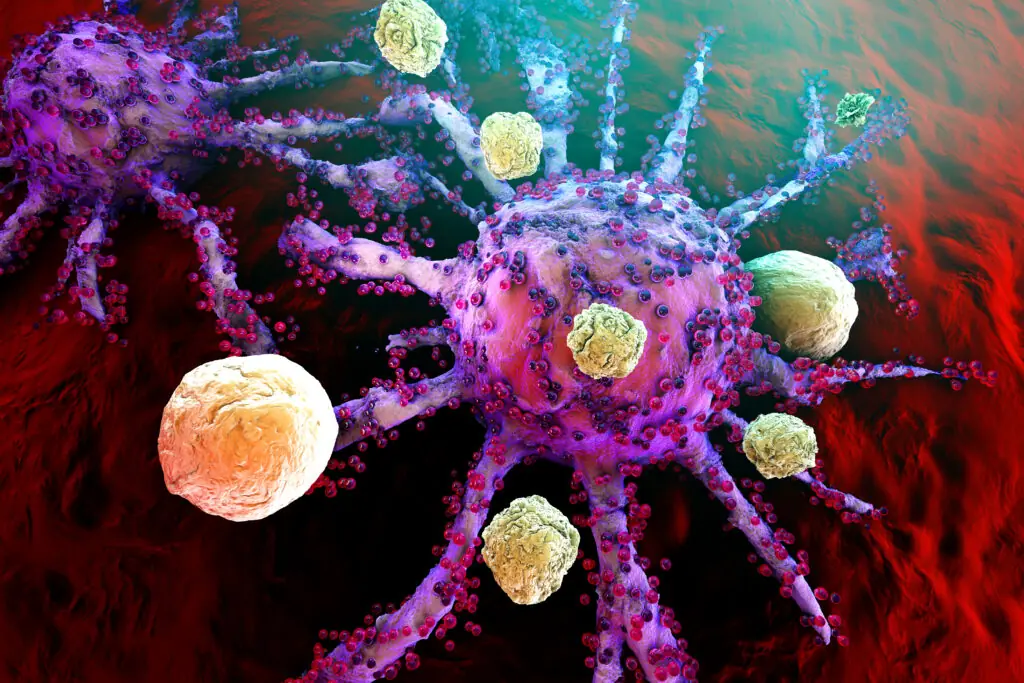
New research from Johns Hopkins shows how larger-than-usual particles, 400 nanometers in size, could enhance c@ncer treatment delivery by targeting immune cells more effectively. Learn about this promising development in cancer immunotherapy.

New research by Johns Hopkins University reveals that cancer can be detected in the bloodstream up to three years before clinical diagnosis. Learn about the breakthrough in early cancer detection and its potential for better patient outcomes.
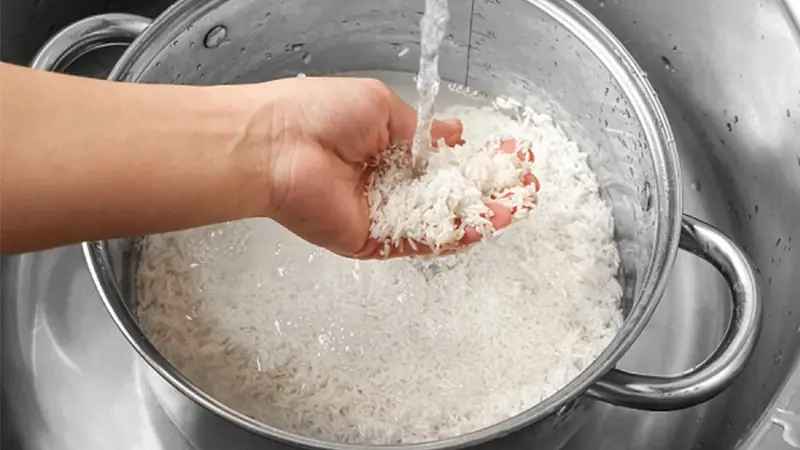

Japanese researchers have developed a groundbreaking drug aimed at regrowing teeth. Learn about this promising new treatment, its potential to replace dentures, and its future for restoring natural teeth.




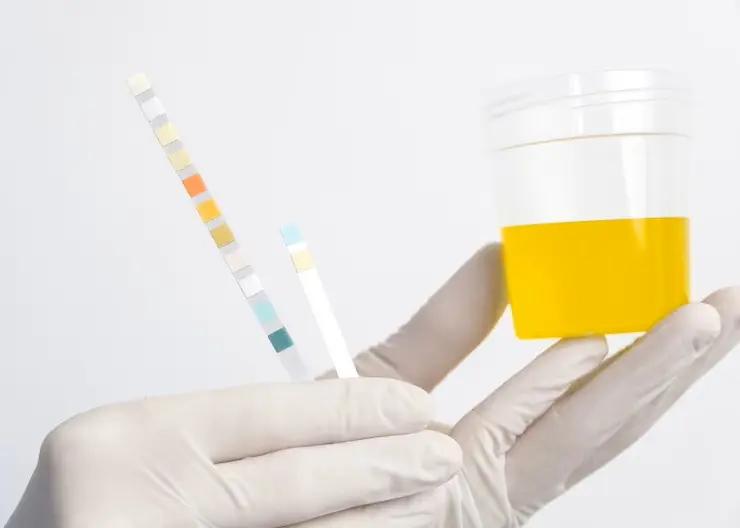


y incorporating these drinks into your daily routine, you can boost your metabolism, enhance digestion, and curb cravings, all while keeping your body hydrated and energized.



Discover what different urine colors mean for your health. From yellow to red, understand the possible causes of urine discoloration and when to seek medical advice for early health issues.


Discover the 7 key symptoms of thyroid issues, from fatigue to changes in skin and hair. Learn how early detection can help you manage thyroid dysfunction and live a healthy life.

Discover how a simple lunch invitation helped a man in need overcome homelessness, find purpose, and land a job. A heartwarming reminder that kindness and support can make all the difference.

Discover the heartwarming story of Landon’s first flight, where a kind stranger went above and beyond to make him feel comfortable. A touching reminder of how simple acts of kindness can make a big difference.

Witness a hilarious airport scene unfold as a pilot walks off a plane with a Seeing Eye dog, causing passenger pandemonium and proving that things aren't always as they appear.

Frontier Airlines made 5-year-old Xavier’s missed kindergarten graduation unforgettable by hosting a special in-flight ceremony. Discover how the flight attendants turned an ordinary flight into a heartwarming celebration.

A heart-wrenching story of betrayal, dog theft, and a brilliant act of revenge that will have you on the edge of your seat. Can a man get back what was st0len from him?

Catherine had her whole life ahead of her, but the prom seemed like the most important thing. Despite struggling financially, her mother and grandmother had saved some money for the dress of her dreams.

Future dementia could be avoided with just three cups of a common hot beverage.

Millions of Americans drink coffee every day for a variety of reasons, including its ability to relieve weariness and its flavor.

KAIST researchers have developed a novel retinal therapy to restore vision by regenerating retinal nerves. This groundbreaking treatment offers hope for patients with degenerative retinal diseases.

Removing fluoride from drinking water has led to a significant increase in tooth decay in both cities, resulting in higher treatment costs and poorer overall dental health.

New research from Johns Hopkins shows how larger-than-usual particles, 400 nanometers in size, could enhance c@ncer treatment delivery by targeting immune cells more effectively. Learn about this promising development in cancer immunotherapy.

New research by Johns Hopkins University reveals that cancer can be detected in the bloodstream up to three years before clinical diagnosis. Learn about the breakthrough in early cancer detection and its potential for better patient outcomes.

The 3-Step Korean Rice Skincare Routine is a simple yet effective way to restore your skin’s natural glow, reduce the appearance of wrinkles, and improve overall texture.


Japanese researchers have developed a groundbreaking drug aimed at regrowing teeth. Learn about this promising new treatment, its potential to replace dentures, and its future for restoring natural teeth.


This simple yet effective DIY recipe will help you maintain youthful, glowing skin naturally, and with consistency, you’ll enjoy visibly smoother, brighter skin that radiates health and vitality.

A woman discovers a shocking secret about her husband’s past, leading her to confront betrayal, trust, and the future of their family. The discovery of a hidden child and a mysterious photograph leaves her questioning everything.

By harnessing the power of natural ingredients like carrot, beetroot, orange, and flaxseeds, this collagen-boosting drink offers a natural, affordable solution for revitalizing your skin and supporting collagen production.

By combining beetroot powder with other skin-loving ingredients like aloe vera, tea tree oil, and lemon oil, you can create a DIY face gel that addresses multiple skin concerns while providing long-lasting benefits.